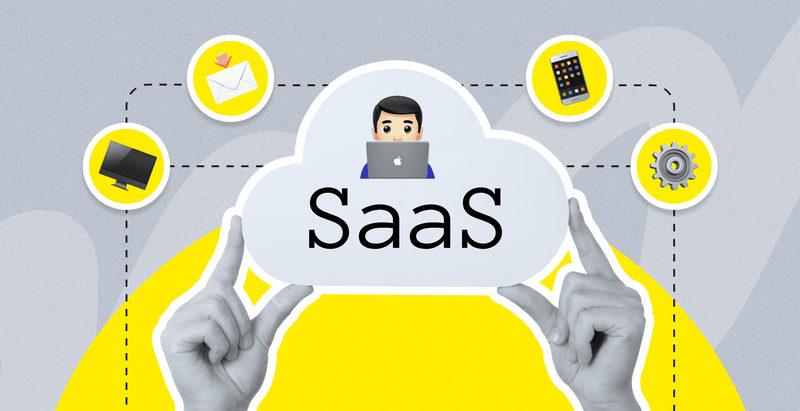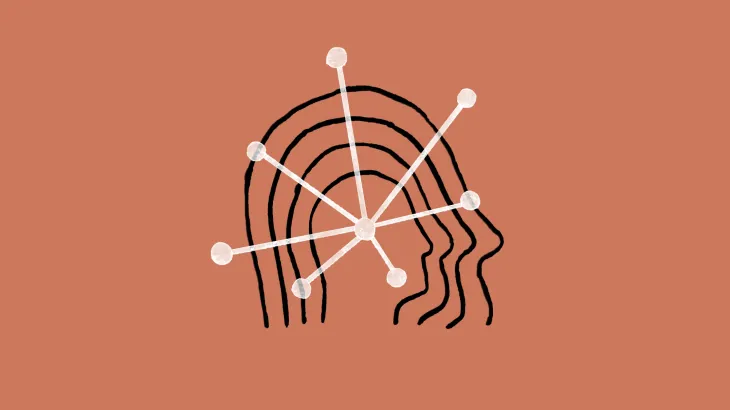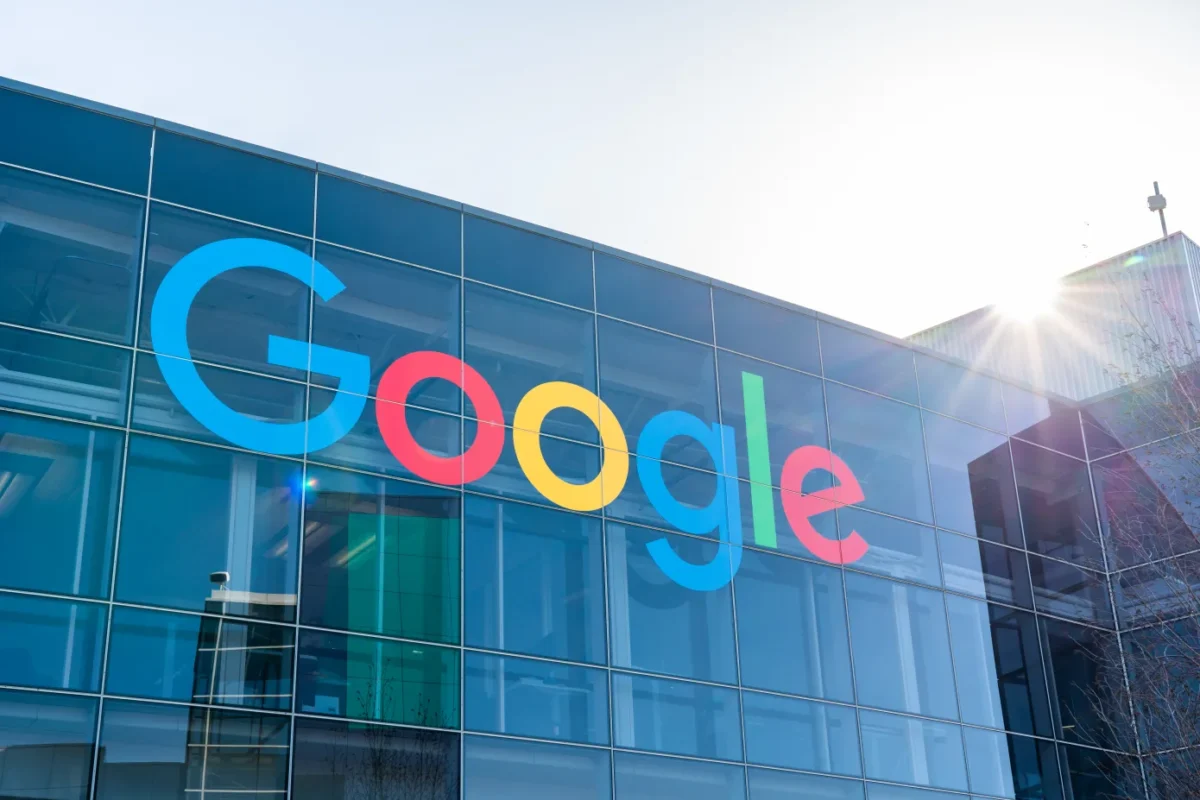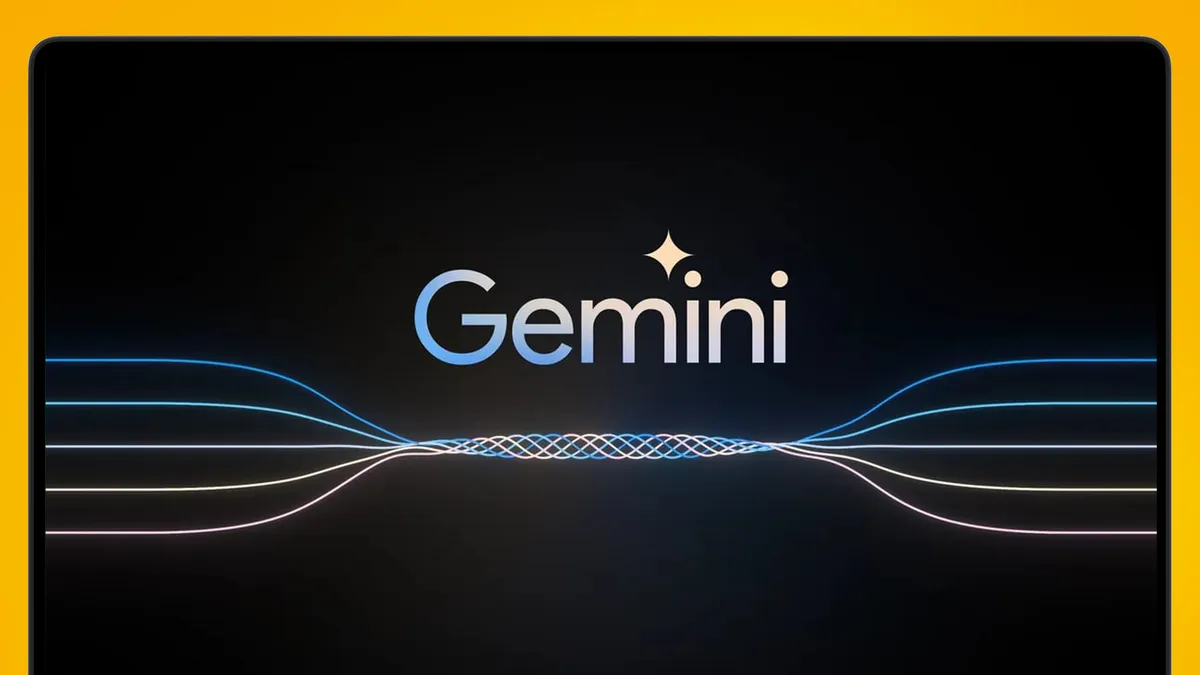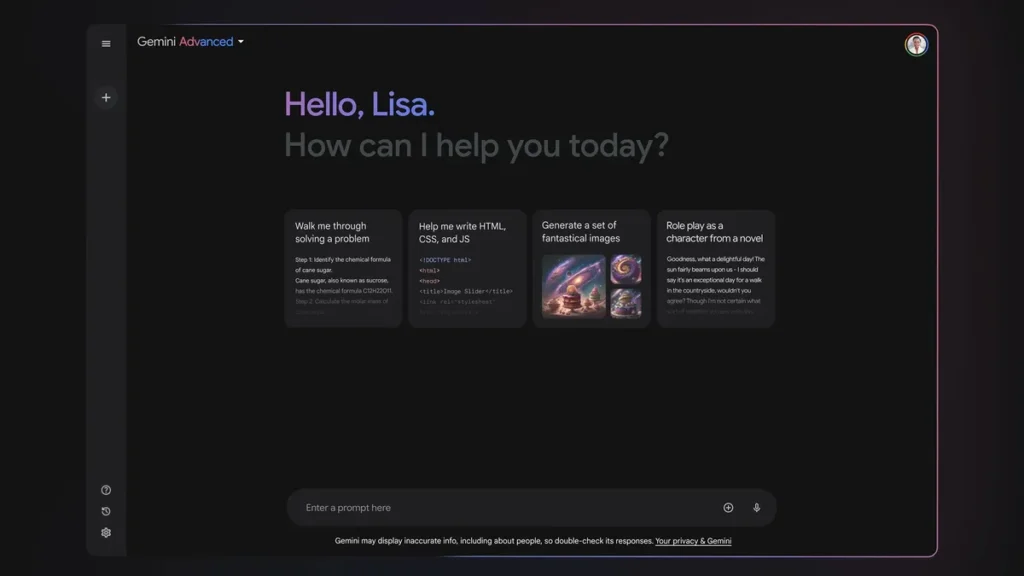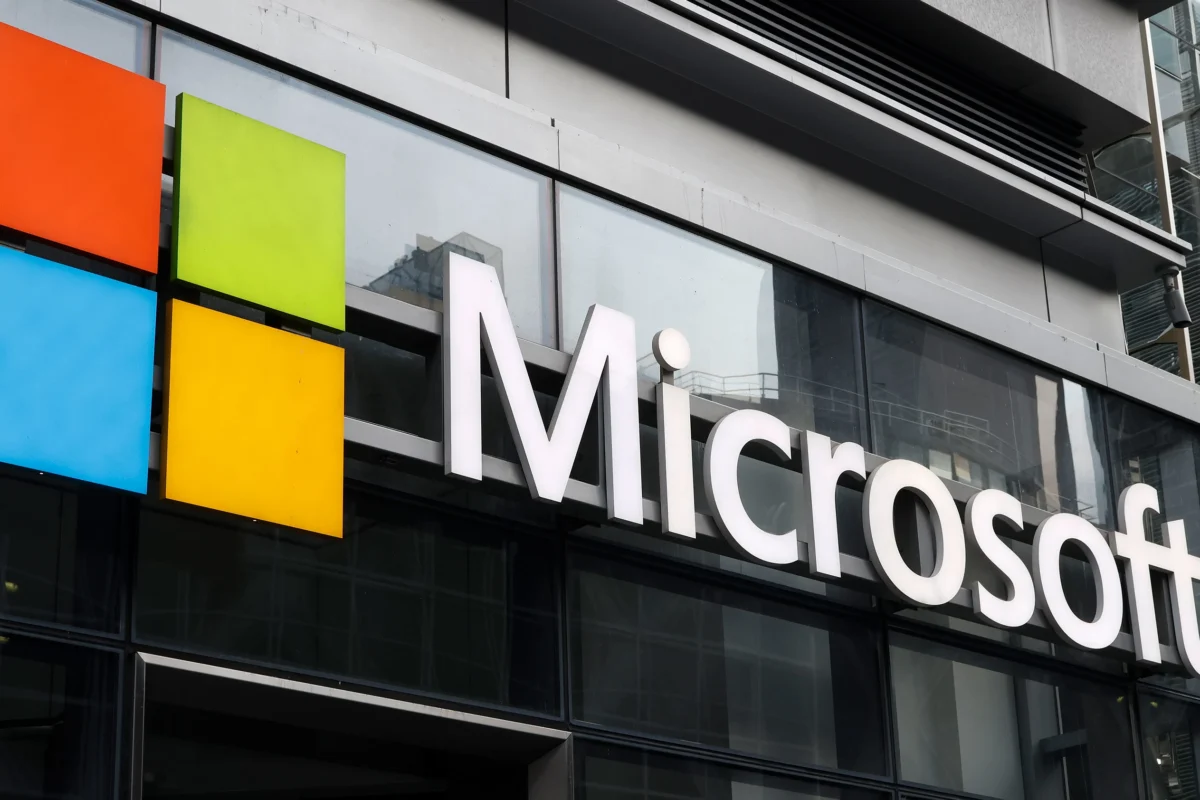In the dynamic world of technology, Software as a Service (SaaS) has become a cornerstone for businesses seeking efficiency, scalability, and innovation. As we navigate through 2024, the relevance of SaaS products is more pronounced than ever. Companies like Software Territory, a leader in the software development landscape, are at the forefront of this evolution, creating robust SaaS solutions for themselves and their clients.
Why SaaS Matters in 2024
1. Scalability and Flexibility
One of the primary reasons for the growing popularity of SaaS products is their inherent scalability. Businesses can start small and scale their usage as their needs grow, without the hassle of managing infrastructure. This flexibility is crucial in 2024, as companies face rapidly changing market demands and economic uncertainties.
2. Cost-Effectiveness
SaaS products eliminate the need for hefty upfront investments in hardware and software. With a subscription-based model, companies can manage their expenses more effectively, paying only for what they use. This financial predictability is invaluable in today’s business environment.
3. Accessibility and Collaboration
The remote work trend, accelerated by the COVID-19 pandemic, continues to thrive. SaaS solutions, accessible from anywhere with an internet connection, facilitate seamless collaboration among geographically dispersed teams. This accessibility ensures that businesses remain agile and productive, regardless of location.
4. Continuous Updates and Innovation
SaaS providers regularly update their software with new features and security enhancements. This continuous improvement ensures that businesses always have access to the latest technology without the need for manual upgrades, which can be costly and time-consuming.
Software Territory: Pioneering SaaS Solutions
Software Territory stands out in the crowded SaaS market by not only developing its own innovative products but also crafting custom solutions tailored to the unique needs of its clients. Their comprehensive approach to software and web development services positions them as a one-stop-shop for businesses looking to leverage technology for growth.
In-House SaaS Products
Software Territory’s portfolio includes a range of SaaS products designed to address common business challenges. From project management tools to customer relationship management systems, their solutions are built with a focus on user experience, scalability, and integration capabilities.
Custom SaaS Development
Understanding that one size does not fit all, Software Territory excels in creating bespoke SaaS solutions. They work closely with clients to understand their specific requirements, delivering tailor-made software that aligns perfectly with business goals. This personalized approach ensures maximum ROI and business efficiency.
Comprehensive Development Services
Beyond SaaS, Software Territory offers a full spectrum of software and web development services. Their expertise spans various industries and technologies, enabling them to deliver high-quality, innovative solutions. Whether it’s developing a new mobile app, designing a website, or implementing complex enterprise systems, they have the skills and experience to bring any vision to life.
Looking Ahead: The Future of SaaS with Software Territory
As we move further into 2024, the role of SaaS products in driving business success will only intensify. Companies like Software Territory are leading the charge, providing cutting-edge solutions that help businesses navigate the complexities of the modern world. Their commitment to innovation, quality, and client satisfaction makes them a trusted partner in the journey towards digital transformation.
In conclusion, the importance of SaaS products in 2024 cannot be overstated. They offer unparalleled benefits in terms of scalability, cost-effectiveness, accessibility, and continuous improvement. With Software Territory at the helm, businesses can confidently embrace the power of SaaS, knowing they have a reliable partner to support their growth and success.

